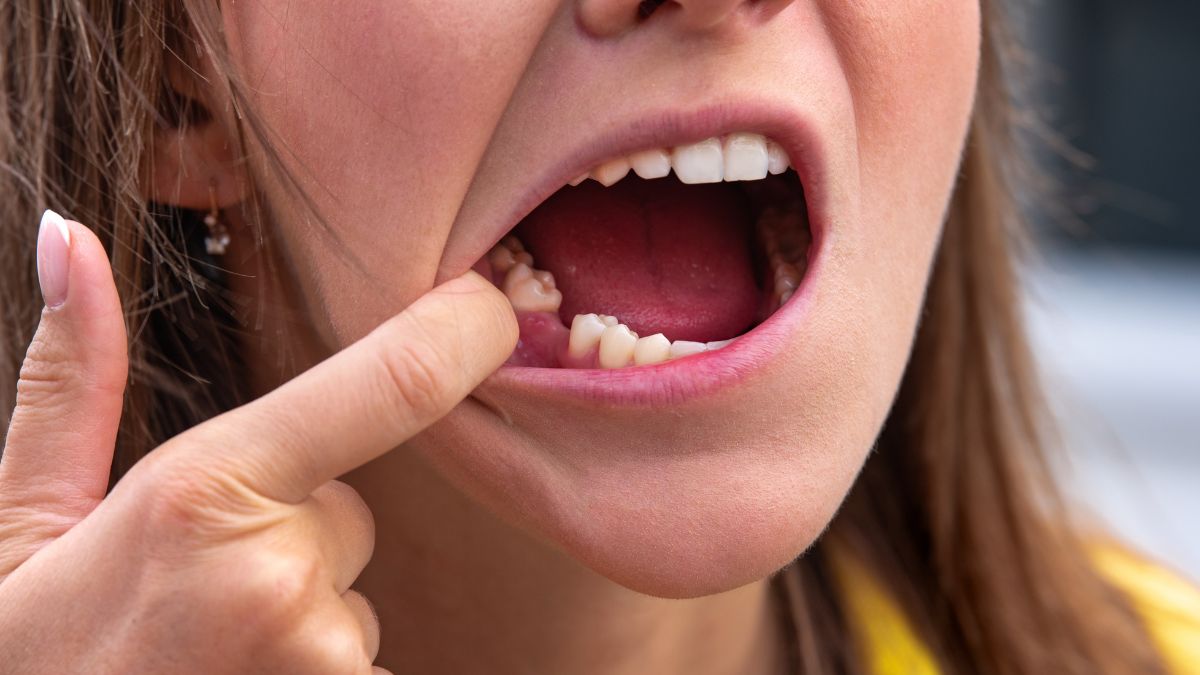
Vitamin D, often hailed as the ‘sunshine vitamin,’ plays a crucial role in maintaining overall health. While its benefits for bone health are widely recognised, its impact on oral health is often overlooked. A growing body of evidence suggests a strong link between vitamin D deficiency and tooth loss. Let's delve into how this essential nutrient safeguards your smile.
Table of Content:-
The Role of Vitamin D in Oral Health
Vitamin D is essential for absorbing calcium and phosphorus, two minerals vital for building and maintaining strong teeth. It works in tandem with these minerals to:
- Strengthen tooth enamel: Enamel, the protective outer layer of your teeth, is primarily composed of calcium and phosphorus. Vitamin D ensures these minerals are effectively incorporated into the enamel, making it resistant to decay.
- Promote gum health: Vitamin D plays a role in regulating inflammation, which is crucial for maintaining healthy gums. Gum disease, a major cause of tooth loss, is characterised by chronic inflammation.
- Support bone health: Your teeth are anchored in the jawbone. Strong jawbones are essential for preventing tooth loss. Vitamin D is vital for bone health, as it helps in the absorption of calcium, the primary mineral in bone tissue.

How Vitamin D Deficiency Leads to Tooth Loss
A deficiency in vitamin D can have far-reaching consequences for your oral health. Here's how it can contribute to tooth loss:
- Increased risk of cavities: Weak enamel due to insufficient vitamin D is more susceptible to acid attacks caused by bacteria in the mouth. This can lead to cavities, which, if left untreated, can progress to tooth loss.
- Gum disease progression: Vitamin D helps regulate inflammation. With a deficiency, the body's inflammatory response may become dysregulated, exacerbating gum disease. As the disease progresses, it can destroy the bone supporting your teeth, leading to tooth loss.
- Weakened jawbone: A vitamin D deficiency can compromise bone health, including the jawbone. A weakened jawbone cannot provide adequate support for your teeth, increasing the risk of tooth loss.
Also Read: Confused About What’s Causing Your Hair Loss? Turns Out, Vitamin D Could Be The Culprit

Protecting Your Smile with Vitamin D
Ensuring adequate vitamin D levels is essential for maintaining optimal oral health. Here are some tips:
- Sun exposure: The body produces vitamin D when exposed to sunlight. Spend some time outdoors, but remember to protect your skin from harmful UV rays.
- Dietary sources: Incorporate vitamin D-rich foods like fatty fish (salmon, tuna), egg yolks, fortified dairy products, and fortified cereals into your diet.
- Supplements: If you cannot meet your vitamin D needs through diet and sun exposure, consider taking a supplement. However, it's essential to consult your healthcare provider to determine the appropriate dosage.
Regular dental check-ups are also crucial for maintaining good oral health. Your dentist can assess your oral health, identify any potential problems early on, and provide guidance on maintaining optimal oral hygiene.
By prioritizing vitamin D intake and practising good oral hygiene, you can significantly reduce your risk of tooth loss and enjoy a healthy, confident smile.
Also watch this video
How we keep this article up to date:
We work with experts and keep a close eye on the latest in health and wellness. Whenever there is a new research or helpful information, we update our articles with accurate and useful advice.
Current Version